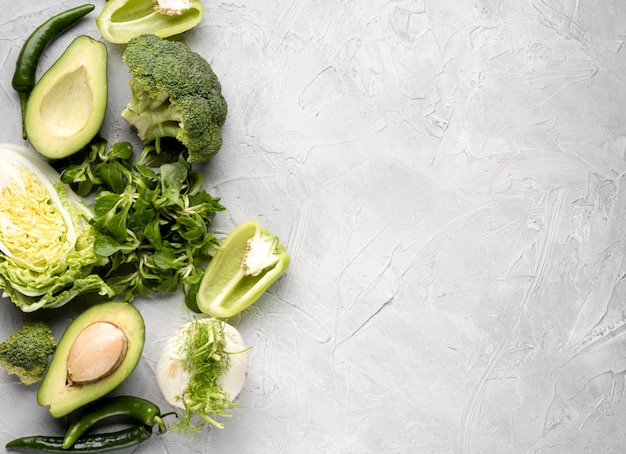
Are you trying out Veganuary this year or planning to adopt a vegan lifestyle? Dr. Gemma Newman has some practical advice for embracing plant-based eating more permanently.
With so many diets out there, from vegan to keto, it can be overwhelming to choose the right one. Veganuary continues to gain traction, with more and more people joining the movement each year. But is a vegan diet truly healthy? How does it differ from other diet trends?
Confusion about nutrition is rampant, often fueled by the media and food industry. Yet, the benefits of eating plenty of fruits and vegetables, opting for whole, unprocessed foods, and avoiding processed meats and sugary products are hard to dispute.
Some people might stick to familiar eating habits under the notion of “everything in moderation.” However, as with smoking, moderation isn’t always advisable, especially with processed meats linked to cancer by the World Health Organization.
Dr. David Katz and nutrition experts gathered for the ‘True Health Initiative’ to outline a consensus on nutrition. They agreed on the importance of a diet rich in vegetables, fruits, beans, nuts, seeds, whole grains, and water as fundamental to good health. Aligning a paleo plate with a plant-based one shows more similarities than with an average Western diet, emphasizing healthier dietary patterns for heart health—a leading cause of death.
The only approach proven to reverse coronary artery blockages is the whole food plant-based diet, confirmed by studies like the Lifestyle Heart Trial and the Mount Abu Heart Trial. Given its benefits, it’s sensible to advocate for such a diet unless new evidence arises.
Transitioning to a plant-based diet from a typical Western diet can be daunting, but pursuing Veganuary is a commendable first step. To help ease into plant-based eating, here are some recommendations.
Start with cookbooks like “So Vegan in 5” by Roxy Pope and Ben Pook, featuring over 100 simple recipes with just five ingredients. Or try “BOSH!” by Henry Firth & Ian Theasby, which offers over 80 healthy vegan recipes and inspiring content.
Explore diverse vegan experiences and modifications of favorite meals, such as replacing chicken with chickpeas in a curry or substituting beef with lentils in a Bolognese. Gradually embrace new flavors, starting with plant-based breakfasts a few times a week, then extending to lunches and eventually a majority of meals, transforming your diet without pressure.
Adopting a whole food plant-based diet can quickly show benefits within weeks. However, initial gut adjustments may cause bloating or flatulence as your system adapts to healthier food.
Both the American and British Dietetic Associations recognize that well-planned plant-based diets support health at all ages and help prevent major diseases like heart disease and cancer. They’re also linked to reduced risks of respiratory issues, allergies, and infections in childhood, improving both immediate and long-term health.
However, our nutrient-depleted environment often lacks essential nutrients due to soil degradation and other factors. Western diets typically miss key nutrients like magnesium, folate, and fiber, while a whole food plant-based diet tends to be nutrient-rich.
Certain supplements are crucial when excluding all animal products. Vitamin B12 supplementation is necessary, with recommendations ranging from daily doses to weekly supplements. Vitamin D intake depends on sun exposure, and omega-3 supplements like EPA/DHA from algae are great for optimal heart health. Flaxseed can also boost heart health when mixed into meals.
Dr. Gemma Newman has 15 years of medical experience, working in various specializations and currently serving as a Senior Partner at a medical practice. Her insights aid those contemplating a shift to plant-based eating.

